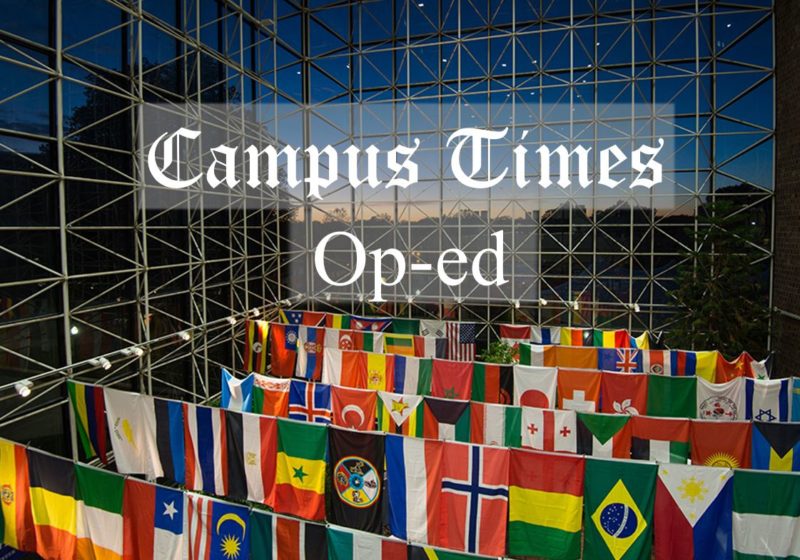The United States does not have a great track record of using “all” to actually mean all. “Liberty and justice for all,” “all men are created equal,” and the list goes on. The practice of exploiting black work and black resources to uplift “all” of society, while simultaneously erasing black heritage, can be traced back to the institution of slavery. The free labor provided the United States with massive levels of economic growth. In the last year that slavery was legal in the United States, 1865, the country had the third-highest GDP on earth, following the ancient and highly populated civilizations of China and India. The United States was only 89 years old.
The United States continues to benefit from the work of black enslaved people while denying them credit for their massive historical and economic contributions to the nation’s progress. In the United States, uplifting “all” too often means prioritizing white uplift.
This pattern continues with the systematic destruction of black prosperity.
The 1921 race massacre in Tulsa, Oklahoma, a spree of violence and looting which killed hundreds and left thousands homeless, is notorious. This violence wasn’t isolated to Tulsa. All around the country, black people who dared to behave as equals to whites were beaten, battered, and too often killed in hate crimes that went ignored by apathetically racist law enforcement.
Meanwhile, Jim Crow laws thrived in the American South. The separation of the races was supported by many lawmakers, including Georgia governor Lester Maddox, who believed that segregation was better for all races and that when discussing equality and liberty, one should not focus on the plights of black people, but all people.
The black dollar could contribute to the white economy, but black bodies could not occupy white spaces. The economy of white America extracted the fruits of black labor while refusing to acknowledge black dignity. Segregation positioned black citizens both literally and figuratively as second class citizens.
Many American leaders lauded slavery as advantageous for all parties involved, including black people. Now we see a continuation of hindering black mobility and improvement with the All Lives Matter movement — yet another campaign formed to allegedly support all people.
All Lives Matter maintains this tradition of benefitting “all” at the expense of black people. All Lives Matter is a direct derivative of Black Lives Matter — a movement founded by three black women, Patrisse Khan-Cullors, Alicia Garza, and Opal Tometi, in response to the killing of Trayvon Martin — which advocates for the protection of black lives and black quality of life. It takes a movement, created by black people for black people, and appropriates it in the name of “all” lives. It reinforces a deeply rooted American value that in a nation where blackness is exploited, terminated, and abused, black creations are only valuable once their blackness is removed and the product benefits white Americans.
Allegedly, its goal is to widen the movement’s aims to advocate for humanity as a whole. But humanity as a whole does not suffer from the problems plaguing black Americans. The Black Lives Matter movement developed in response to this and other horrifying realities of American blackness. This attempt to broaden the movement’s applicability, whether it’s rooted in a genuine activist spirit or not, erases its black origins and exploits black labor and creation. To say that All Lives Matter benefits all lives — including black ones — is destructive.
At best, it perpetuates the idea that only valuable or respectable black people invest in white institutions and work to erase their black identity. At worst, it is threatening hate speech.
All Lives Matter is a proclamation that black self-investment is not welcomed and will not be accepted in this nation without a clear benefit for white people, too. That black innovation will only be tolerated conditionally, and black resources will be stolen and exploited for white gain, because when people say “All Lives Matter,” they’re really saying that “White Lives Matter More.”
Editor’s Note (8/8/2020): An earlier version of this article used the phrase “black slaves,” which has been taken down at the request of the author. In her words, “to call someone a slave is to define them as if it is a natural condition. The institution of slavery was a circumstance inflicted onto people.” The phrase “especially in the south” was also removed from a paragraph discussing systematic racism.



